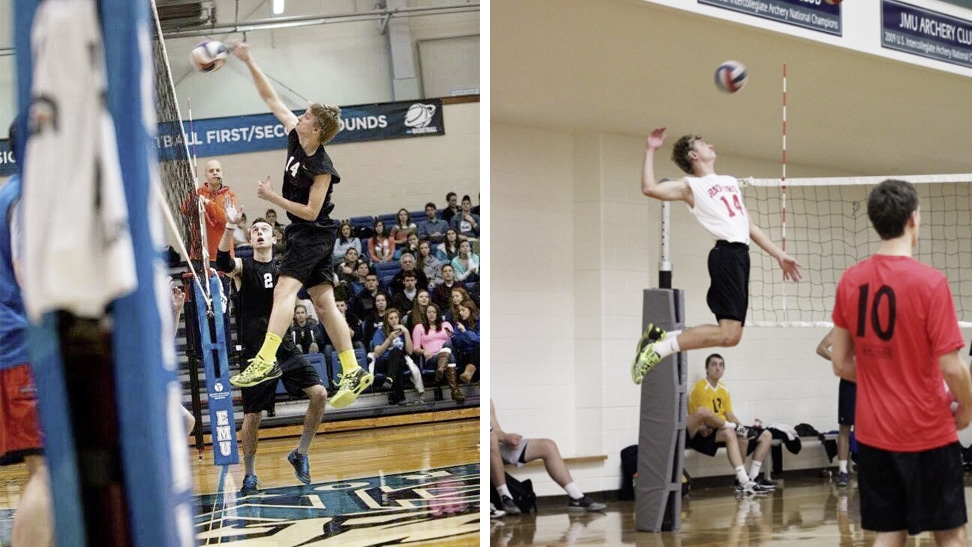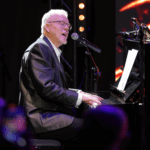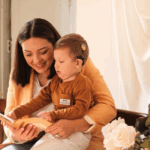MED-EL
Published Jul 13, 2016 | Last Update Jul 11, 2023
Athlete Hunter Taylor: Playing Sport With a Cochlear Implant

A world-class volleyball player, 21-year-old Hunter Taylor was one of the first children in the USA to receive a cochlear implant. Born with hearing loss, Hunter embodies the notion of no limits, recently competing at the 2016 World Deaf Volleyball Championships and with Team USA at the 2016 Pan Am Games. We find out how Hunter’s hearing loss has affected him in playing sport, and how he overcame the odds to represent his country.
“People will always be putting limitations on you. Don’t listen to them. Never let someone else tell you that you can’t.”
MED-EL Blog: Thanks for taking the time to talk with us, Hunter! How did you first get into volleyball?
Hunter Taylor: I was about 6’4” going into high school and I was looking for a fall sport to get in shape for winter season basketball, and I made the junior varsity volleyball team. My high school hired a new basketball coach and he cut me from the basketball team during tryouts. I was crushed, but it motivated me to put everything I had into volleyball. I began playing in a higher level volleyball competition, and I just seemed to improve by leaps and bounds. Later, I received an offer to play volleyball for EMU (Eastern Mennonite University) in Virginia, allowing me to play near friends and family.
MB: Can you tell us about your type of hearing loss?
HT: It’s a sensorinueral hearing loss where the hair follicles never properly developed in my inner ear. I was born with a moderate to severe loss and that degenerated to the point that by age 2 I was deaf. Hearing aids were no longer an effective option, and I became a candidate for a cochlear implant. I was one of the first pediatric cases in the USA.
“Having a cochlear implant helps me communicate with my teammates and listen in huddles.”
MB: What does volleyball mean to you?
HT: Volleyball is a place where I can forget everything around me and light my competitive fire. My friends, family and coaches and team mates are all very supportive. But I don’t get any favoritism either. If I am not playing well I hear it from my coaches and team mates, believe me!
MB: How does your hearing loss affect you, in particular in playing sport with a cochlear implant?
HT: Well because of my implant and my ability to wear it while playing, not as much as you might think. But it is definitely a challenge to decipher certain sounds in a crowded arena, for example directions from my coach amidst screaming fans. It’s also difficult in tournaments where there might be 10 or 20 matches going on right around you and you have to figure out if the whistle that just blew was for your match or not.
Having a cochlear implant helps me communicate with my teammates and listen in huddles, which are key things a cochlear implant can do for you. During the game, I can hear the coaches explain what we need to do better or how to make adjustments, and it also helps when breaking down game film.
“Keep working hard and you will find a way. There’s always a way. Be determined and never, ever quit!”
MB: You recently played in the 2016 World Deaf Volleyball Championships, where players are not allowed to use hearing aids or devices. How does this compare to playing with athletes with full hearing capacity?
HT: It really all boils down to the player’s ability. Once the ball is in play I don’t really notice if someone can hear or not. The only thing I really needed to adapt to is the communication differences on the court, as they use sign language rather than regular spoken English. We also use a lot of hand direction and trust however my playing style doesn’t really change. It’s all about execution and doing your job on the court.
At the World Championships I loved seeing and taking pictures with several fans from the deaf community and learning various signs as I go. It was great to compete with and make friends with a group of guys that know and understand what it’s like to deal with this challenge of hearing loss. I hope these become long-lasting relationships that will continue well past my athletic career.
“…I don’t get any favoritism either. If I am not playing well I hear it from my coaches and team mates, believe me!”
MB: Could you share any words of advice for other young people with a cochlear implant who are interested in pursuing sport?
HT: People will always be putting limitations on you. Don’t listen to them. Never let someone else tell you that you can’t. Pursue your dreams for you, not for them. Keep working hard and you will find a way. There’s always a way. Be determined and never, ever quit!
MB: What’s next for you?
HT: I am hoping that these recent international tournaments will lead to some greater levels of exposure with coaches in both the US and internationally. Long-term, I’d like to get my college degree and earn an invitation to try out for the 2020 United States Men’s Olympic Volleyball team. While my plans are to play at the highest level possible, playing professionally in Europe is my biggest volleyball goal right now. I guess we’ll just have to see what happens!
You can follow Hunter on Twitter @King_Taylor14
Thanks, Hunter!
Liked this post? Subscribe to the MED-EL Blog to get more personal stories just like this from other implant recipients!
Do you love getting active? The MED-EL Sports Headband is designed so that you can use your MED-EL audio processor during sports and other activities.
Check out some rehabilitation tips from football player and cochlear implant recipient, Claire Stancliffe.
Want to share your hearing journey with us? Leave us a comment about your story and we’ll get in touch!
MED-EL
Was this article helpful?
Thanks for your feedback.
Sign up for newsletter below for more.
Thanks for your feedback.
Please leave your message below.
Thanks for your message. We will reply as soon as possible.
Send us a message
Field is required
John Doe
Field is required
name@mail.com
Field is required
What do you think?
© MED-EL Medical Electronics. All rights reserved. The content on this website is for general informational purposes only and should not be taken as medical advice. Contact your doctor or hearing specialist to learn what type of hearing solution suits your specific needs. Not all products, features, or indications are approved in all countries.
MED-EL


